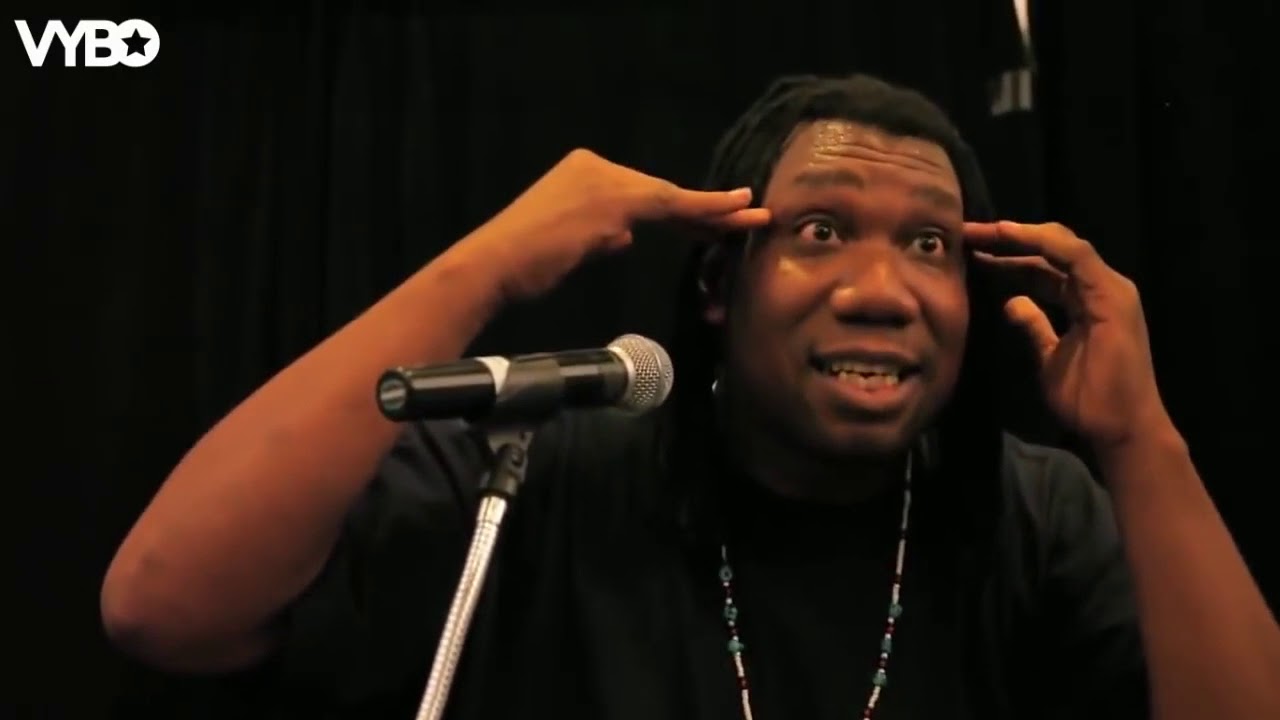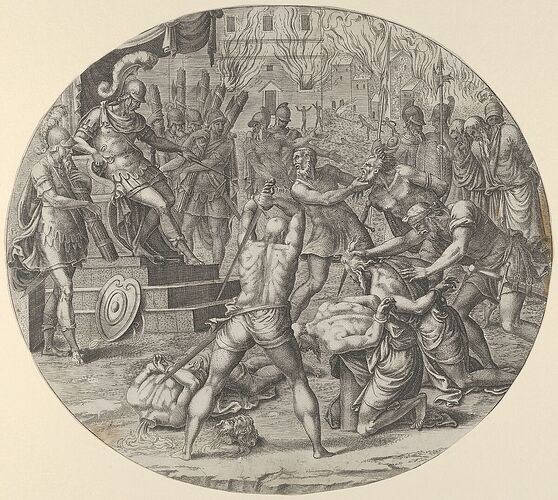Kybalion
Kung fu philosophy
How you wanna be as an adult…
You have a few options
A jerkoff
A Dignified respected person
A bum
A no good con artist
Someone of whom has accomplished something…
A fuckwit troll
A criminal
Your choice
Hey found some new thoughts…
By krs one…i dont agree with some of his views…but still he is a great intellectual…my opinion.
![]()
New thoughts…
The way a person views society and the world is actually a reflection of their own character…
The World isnt always clear and definable it is sometimes unpredictable and choatic…the choices we make. We must live with the consequences that will determine how we live and how we deal with it determines who we are…
Work at honing your skills…not everyone is an enemy but also not everyone is a friend…make your moves and work towards your goals…you make your own purpose. For your mindset determines your energy and the universe will react to the energy you put forth into the world.
Equality isnt a myth…
Equality isnt the problem its the few people of questionable character…
People of questionable character would use equality or any other idea to rationalize their immoral behavior…
Emphasis on any other idea…
Overall philosophically equality accounts for this…because equality means that everyone is equal to everyone…
But some people are different…yes…
But again equality exists to keep the playing field level and fair for everyone…instead of it being rigged and one sided…so to speak…
Equality is a complicated concept imho, since it has so many subdimensions or possible meanings. You are probably thinking mostly about equality of process, but there are also related concepts like (in)equality of chances or opportunities (like, even if kids of rich people are not treated differently in school they have better chances because they have different forms of support, opportunities of learning at home and so on) and (in)equality of outcomes (which can have various causes, often multiple and interconnected ones). Debates often get strange when people mix or confuse these different ideas.
But what is fair? I dunno, imho equality of process is the baseline that hardly can be argued against rationally, but with the other ideas it gets more complicated. Should all differences in chances stemming from parents and so on be equalized if they are clearly unfair for the kids? And how would one do it without strict measures not possible or desirable in a free society? Very complicated, but also very interesting topic…
I just want to add that to my knowledge equality was invented by european peasants in response to the tyranny of the european aristocracy…
This has probably happened in other cultures and civilizations throughout history…but equality as a response to invalidate the tyranny european aristocracy…is the first preserved and linguistically understood written record of such…
According to my knowledge but i could be wrong…
What is fair…
Thats a good question…in a free society…i have no idea…in regards to how to make chances, opportunities, and outcomes…be equally applied towards individuals…
But i guess life is random somewhat and who experiences what could be determined by a binary random coin flip like heads or tails…
But in a free society to set such restrictions would no longer make a society free one…
I dont know…very good question.
![]()
I wouldn’t say so much that equality was “invented” by the europeans as much as I would say that what most cultures consider equality today was first formulated by them. My understanding is this goes back to the Black Death - after that had run it’s course and a large % of europeans were dead, the remaining laborers had more bargaining power for the first time to push for better conditions specifically because there was a notable labor shortage for the first time in medieval europe. If they didn’t like how they were being treated at one farm, there was (almost literally) nothing stopping them picking up and moving onto another one because they’d welcome an extra set of hands. There’s a few hundred years of philosophy following this to get to equal rights being enshrined in constitutions and such (starting with the founding of the US and the french revolution), but you can make the argument that our modern sense of equality gets its roots from the Black Death.
Good point. There are other predecessors and potential influences such as Greek democracy and philosophy and forms of equality in pre-historical settings, but catastrophes often lead to reductions in inequality. There’s an interesting book about it by Scheidel called “The Great Leveler - Violence and the History of inequality from the Stone Age to the Twenty-First Century”. In it he argues that only catastrophes like wars, epidemics, revolutions and natural catastrophes lead to significant reductions in inequality. A good recent example is WWII and the period of strong European welfare states starting afterwards.
Good callout, I think you could argue the same thing with Japan post WWII. Because their entire country was basically destroyed and even their emperor was deposed, they had to rebuild not just their economy (which is something I have studied) but also a good chunk of their society (certainly the ruling class and how that interacts with the rest of society). Businesses went from being family owned dynasties to… well still being that but WITH a lot more public markets and outside ownership mixed in - which is definitely a step in the direction of financial equality at least.
That’s very interesting, I don’t know much about Japanese history apart from some simple ideas such as post-Weberian thoughts on how Shintoism had similar influences to Protestantism on the evolution of capitalist economics.
With regard to family dynasties still owning most companies even after some forms of equalization, it reminds me of another book that was really interesting to me. It’s called “The son also rises” by Gregory Clark and I always thought it was very heretic since it completely goes against the ideas found in wide areas of the social sciences on increasing social fluidity in modern and contemporary societies. It kinda fits with the topic and I really like both its heretic character and its departure from traditional methodology and haven’t written a monologue in a while, so I’m gonna dive a little bit into it, starting with some background:
In sociology specifically, but also other social sciences, a very popular idea is that social fluidity, or the inter-generational mobility between different social classes or strata is increasing in Western societies in modern times as compared to historical circumstances. There are a lot of studies on the topic, and mostly they find the same thing: the fluidity of Western societies increased significantly, so the societies became more open over time. The methods used are mostly based on class comparisons, so analysts make tables of class origin versus class detination, mostly inter-generational, and check the correlations over time, so comparing the differences between kids and parents over time, or comparing the intra-generational mobility for different generations and so on. There are other studies analyzing income, status and other indicators of position, but the basic methodology, comparing absolute and relative changes in large populations, is usually very similar.
Of course there are some problems with this approach: First, economic developments such as sectoral change and technological innovations change everything and it’s not always easy to control for all influences. Second, especially class categorizations are very broad and usually focused on people in the middle and lower sections of the workforce. Most of them are based on the idea that modern societies differentiate mostly based on different types of employees with regard to aspects such as skills and supervision of others. This results in very broad classes with a lot of individuals in upper categories. Therefore, most modern class categorizations are completely different from the original Marxist conception which relied on ownership of the means of production, resulting in a small class of owners. Taken together, this resulted in findings that
Enter Gregory Clark. He doesn’t even write much about all these categorizations and studies IIRC but instead focuses on a simple question: What about the social fluidity at the very top of different societies? Since data on that question is hard to come by, he analyzes the prevalence of different surnames traditionally connected to higher and lower positions in multiple countries and time periods and looks at how the prevalence of these surnames changes over time in elite positions. Using this method for different elite groups depending on what data is available, he can also analyze periods and societies for which data to generate class categorizations and do traditional fluidity analyses is not available.
What he finds is a very strong inheritance of elite positions in all societies and time periods analyzed, with small differences between societies usually regarded as extremely egalitarian (such as contemporary Scandinavian democracies) and societies usually regarded as extremely hierarchical (such as historical caste-based India). There are differences and there is some increasing fluidity, but these effects are not very strong, much smaller than what other researchers find using class-based categorizations and so on. Even after revolutions (for instance, in China), elite surnames are still highly prevalent in elite positions and institutions. Needless to say, his results are mostly ignored and his methods strongly criticized if even cited at all. He also has a strange way of interpreting his results, since his main idea of explaining the results seems to be genetics, which I think is kinda funny and probably made it easy for the work to be mostly ignored. I have no idea why he brought genetics into it, since there are clear alternative explanations such as social and cultural factors. But still, the methods and results imho are very interesting.
So, back to topic, what i wanted to say before this excourse is that the fact that elite families still own nearly everything is to be expected even if some equalization has taken place. It’s not that catastrophes completely change the game and reshuffle distributions, they just destroy a lot, flatten distributions a bit and make some adjustments necessary. And this creates some opportunities for further equalizations in processes and chances which might take forever and might not lead to long-lasting changes (and even if, can be countered on many other levels), but otherwise would not even exist.
Phew, I thought I got offtopic there for a second, but as everybody can see, this was a completely necessary rambling ![]()
There is some financial/economic data on class mobility over time. As far as I know (and this is more the realm of economics, so there is some crossover with the finance I study but I would NOT call my understanding of this anything more than passing) it rose during the industrial revolution, peaking around the first half of the 1900s, and has been slowly tapering off since then.
Economically, this kind of makes sense if you look at how increases in productivity have been delivered over time. Early in the industrial revolution, everyone was getting access to better tools, education, and healthcare for the first time, so everyone got more productive all at once and suddenly had excess earnings they could spend and invest as they see fit, and in that case it’s very possible to be a good investor/saver and move up the ranks that way. Over time, and especially since the 1970s, increased productivity in the workforce has come less from individual workers being able to be more productive - when everyone is already educated to a fair standard and reasonably healthy, you cannot be MUCH more productive than anyone else in most jobs - and more from the tools that we now have access to - computers and the programs that run them, advanced machines/robots, etc.
Fittingly, the capitalist economic system has increasingly distributed the gains from the increased productivity of the workforce into the hands of the providers of those tools, rather than to the laborers themselves. Hence, slower wage growth on average and a “class” of people who sell the tools that everyone else uses to work that increasingly dominate the economy (the top 5 stocks in the S&P 500, which include MS, Google, Apple, Amazon, and Nvidia account for 80% of the trading value and volume BY THEMSELVES - the S&P 500 is basically the S&P 5). So if you can afford the education to give you the skills and knowledge to get a job at one of those companies, you can go as far as you like. Because western higher education is getting increasingly expensive, it continues to be relatively easy for already rich families to support their children and get them into these positions and it’s increasingly difficult for families who have to take out loans to justify the expense even if the prospects of someone with a Master’s in Data Science at one of those companies is amazing.
Do you remember what information and sources the respective data is based on?
I have heard of studies using estimates based on census data, matching-like procedures and imputations and I think even based on first names (kinda similar to what Clark did with surnames), and it’s great that someone is doing these estimates, but the data quality is ususally highly questionable. In a related topic, inequality estimates can go way back into pre-history if you use inequality measures based on aspects such as differences in house sizes. But the data quality is not even on the same level as modern estimates.
I don’t even really trust contemporary mobility estimates since most survey data does not include many individuals from elite positions, which is also a problem for many inequality estimates that rely on survey data (well, it depends on the question, of course) but if I had to, I would use panel data to estimate mobility, since you would need information on income, occupation, supervision status and so on for kids and parents. The first panel study was conducted in the USA in the 1940s afaik.
Studies on historical social mobility are therefore highly contested, see for instance:
Specifically, sectoral change such as seen during the industrial revolution resulted in some measures of mobility being very high, which is not necessarily to be explained by higher social fluidity but instead by general upward mobility.
These are all interesting and great points, and I wouldn’t even try to argue most of it, but I think some aspects are specific to the USA and partly different in other Western countries. For instance tertiary education is mostly free in some European countries - even though of course there are opportunity costs even then. So there is a weaker social gradient to be expected, but empirical differences aren’t that strong.
And I would argue that changes in productivity relate more to wage inequality and similar concepts and not so much, or only indirectly, to mobility. If education reached some form of saturation and you have a few absolute elite jobs responsible for advanced machines, AI and so on and many poor workers, one could still expect high mobility, if corporations would want to recruit the most capable people from all classes. Imho there are other influences that explain that mobility is not much higher than it is, such as effects of social closure, nepotism, cultural signaling related to social class origins and so on.
As Begins, So End
The beginning.
Hallowed elysian kin, thine blood of maiden moon and crimson son, we are autochthons of a kindled sonne’s dawn. Here, dreams flow like aqua via ducts of empyrean spring, a monumental order wrought by a great and certain chaos; where function begets the prophecy of form: contingency enfleshed, enciphered, and entwine eternal.
O’ panspermic architect! You! Prefect of a thoughtful perfect, are counterfeit! You have made us dud, for us wardens of unbound confine think you King of the whole, while a timeless idol hides and ticks atwixt nocks of obsidian point a sure rebuttal, a unitarity of many, where a monophonic cosmicophony belts forth a polycosmic silence, and denies the immaculate quiet of a fat noir void.
As above, so below: in a sparse shade shall the ashes of creation never fade. Nay, but for the dreams we seek, we have not a certain hope: in this, there will be no tomorrow, and no reincarnation today. On this day – this last day – the black sun will not set, and time will bathe in the death of a thousand worlds. This will be our cremation. The vacant oceans of space will run turbid with our dust.
A cold, bitter filth will besmear the many skies.
And thus, this will be the heavens’ final fresco.
It may be profane, and it may be beautiful.
But you will not know this art.
This art is forbidden.The end.

Expanded a bit on an idea that struck me out of the blue while listening to a recent work of @Guy_Wachtel
A tale of the pride and wrath of envy.
I call this: The Lonely Theft of the Love of the Forlorn
He walks the gruff and heavy terra of a lone and otherly Gaia, amid seas dead sans a lunar mistress, and returns from the precipice ahead stark cliff and sheer chasm. In the torpid void of night, the turbid sky denies its earth even the most faint glimpse of the heavens above; here, only the lurid, emerald haze of its great sun can make animate the long ages of its days. Standing tall a deathly still and silent dread, his gentle breath bears the bitter cold of the dim mist. Fondling his weapon’s grip, he heeds his every mortal sense, and tracks a foreign figure bleeding into the black. He trembles before its sleight calm, for this strange world harbours terrible leviathan secrets, alien and eternal. Approaching the chariot, forlorn and forsaken, he surrenders to the cruel tax of gravity, and kneels beside his brothers and sisters. He clasps forth a vacant form, and with his final moment does purchase his first kiss; cradling the cheek of his forbidden love, he savours its fading warmth. As dawn creeps, the slow dark envelops them; and so the serpent’s tongue reaches in, and takes from him his soul, and denies it its mate. As they lingered in the lucent dust of their victory, the righteous creatures of this realm beheld creation as it laid beyond their veil, and they found it profane; so it was, they journeyed hence into the abyss, and brought their reign down upon the stars for rest of time.
Justice
Wrath
Envy
Awesome Elocution @Psyber you have a great voice and delivery!
The lyrics bring to mind a melding of Lovecraft and Tolkien with a bit Asimov.
The etchings are deep
Superb ![]()
Nietzsche…
Overman…ubermensch
Society falls apart…which gives rise to a person coming along of whom by sheer force of will redefines cultural values and morality of which the rest of populus follows which thereby allows society to thrive.
I have only read snippets of nietszche but from what i remember and going by others information and interpretations…
That is the best interpretation of nietzsche…imo…
But however not every idea is original…and i see a bastardized version of nietzsches idea on some stupid ig posts.
Sociologically nietzsche is only partially true…in terms of people following leaders…but there are other aspects of situations and society isnt defined by one persons will…its a combination of a societys leaders and the health of its communities.



